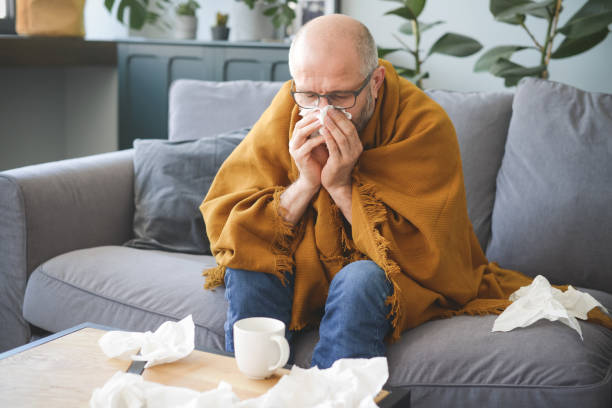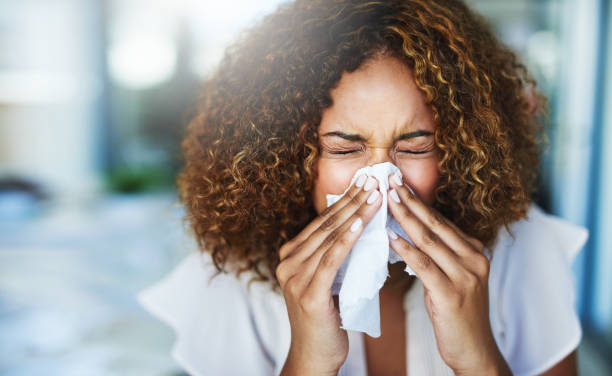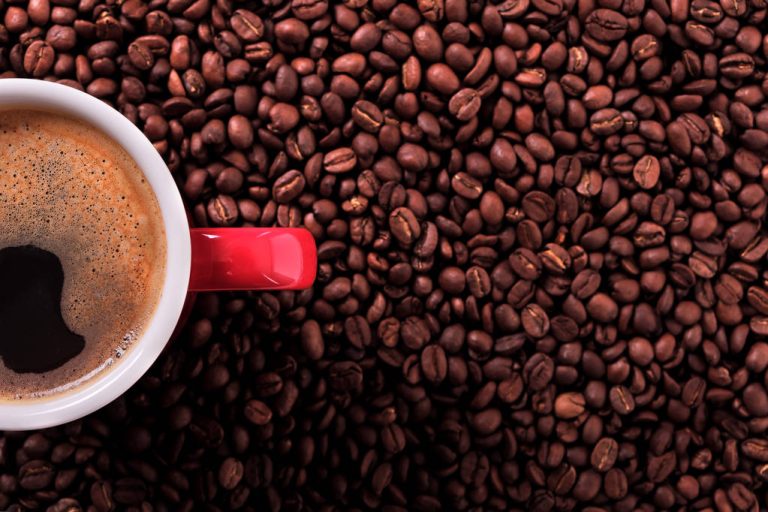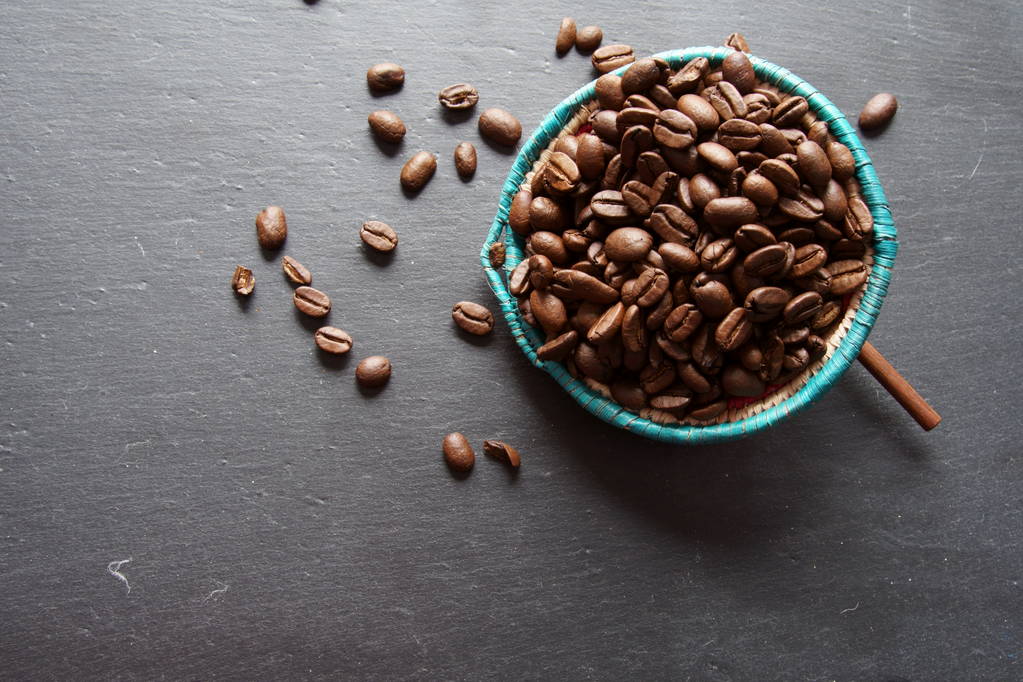Sinus infection is very uncomfortable but can be treated with home remedies. It does not always have to be conventional medicine, home remedies can do a lot.
Conventional medicine naturally offers medicines for sinusitis, but home remedies can also help. Many home remedies can speed up the healing process and relieve pain.
Which home remedies and natural remedies are helpful?
In the case of sinusitis, inhaling saltwater or chamomile is a must. This liquefies the secretion and the patient can breathe more easily again because the mucous membranes also go down. Therefore, also note our article Real chamomile as a remedy. Hot milk with honey is also recommended, as is drinking chamomile tea.

Thyme can be found in many households as a spice. But this spice has an expectorant effect and kills germs. Therefore, thyme tea should definitely be drunk. Better yet, inhale thyme tea so that the sinuses come into direct contact. A mixture of thyme and eucalyptus is even better for sinus inflammation.
Flaxseed can also counteract sinusitis. Flaxseed, slightly warmed and wrapped in a cotton cloth and placed on the forehead and nose, works wonders.
A home remedy that can be found in every home is the versatile onions. Cut them into slices, warm them up and place them on your nose and forehead with a cloth. The onion sac helps very well with pain and the mucus solution.
In addition to the home remedies for external use, you should definitely take vitamin C. Hot lemon is very good for boosting the immune system. Since vitamin C is broken down in excess by the body, you can’t go wrong here. Several cups of hot lemon will make you feel good again in no time. And as our grandmothers already knew, a good chicken soup is a perfect help for colds and sinus infections. It strengthens what is important for the body and works during the day against some of the symptoms of a cold.
What else can you do?

In order to live better with the sinus infection, the patient should sleep more. You also have to drink a lot, up to three liters of liquid are important so that the mucus becomes liquid and can drain off. Water and tea are highly recommended. In order to allow the mucus to drain off even better, good humidity is required. Regular airing can help, as can a humidifier. Nobody with a sinus infection should smoke, nor should they be in rooms where people smoke. If you have a red light lamp, you should use it on your forehead, including your nose, for a few minutes several times a day. But please keep your distance from the lamp and use special glasses for your eyes.
The forehead should be kept warm, so you should definitely wear a hat until you get better. If you sweat a lot, you also do something good for the sick body. It is best to cover yourself with two blankets so that you sweat a lot. Get plenty of sleep, which any doctor would recommend.



